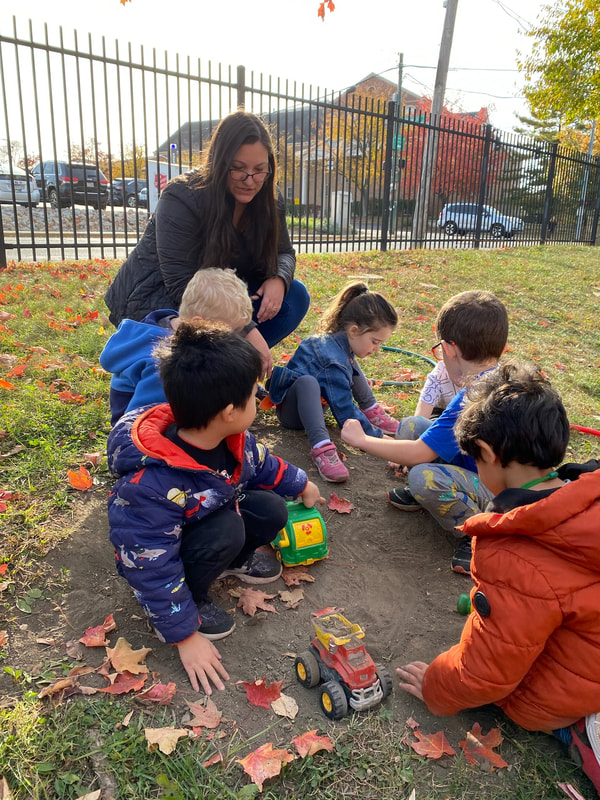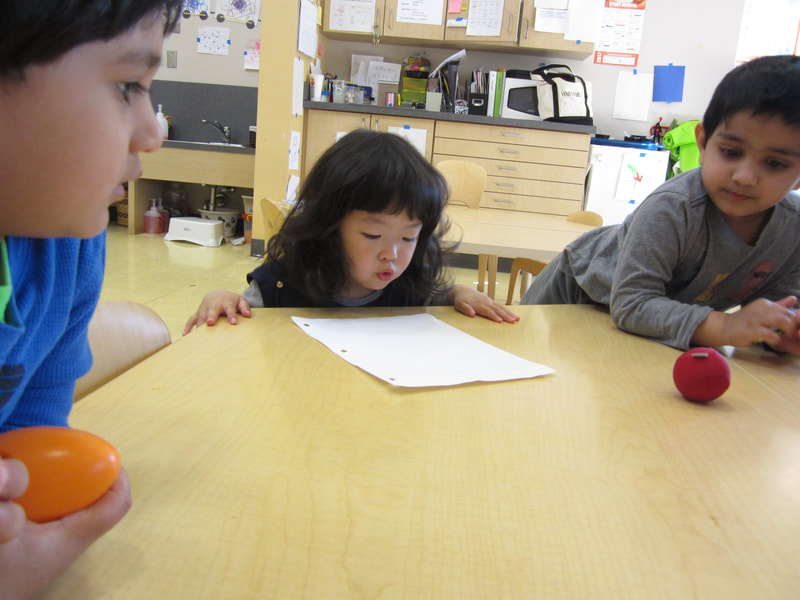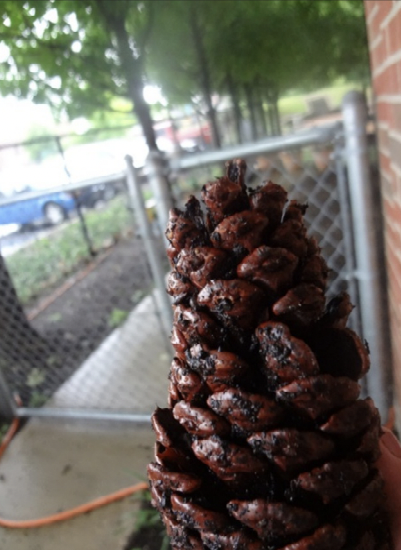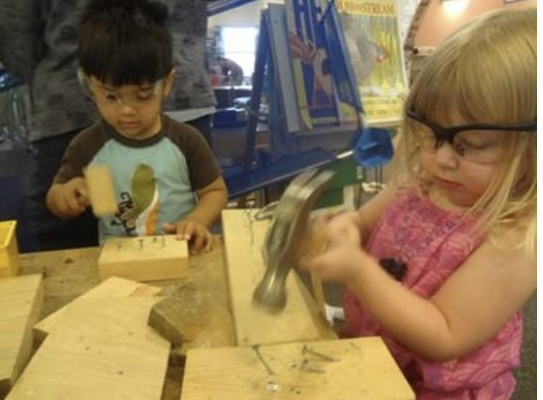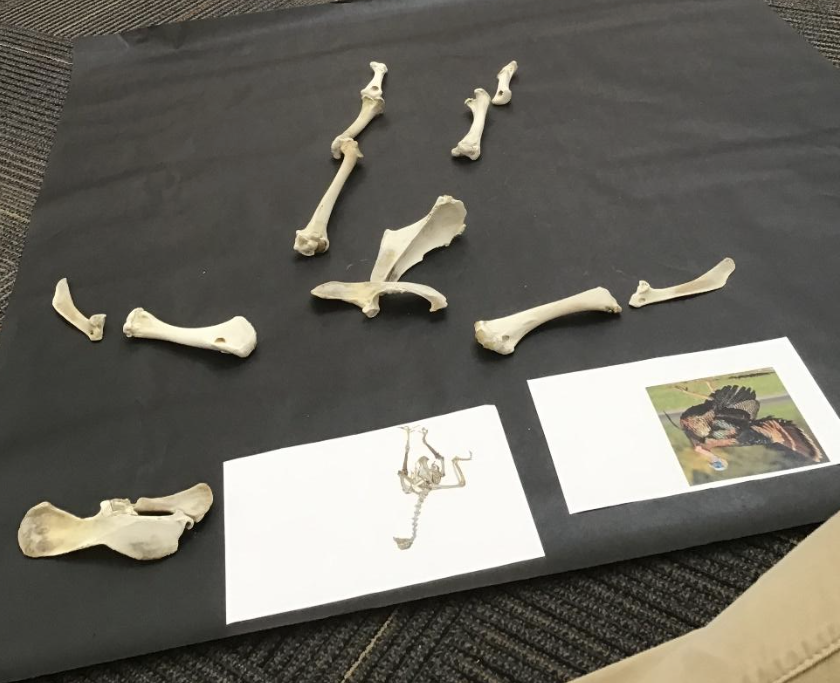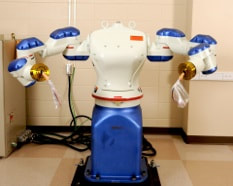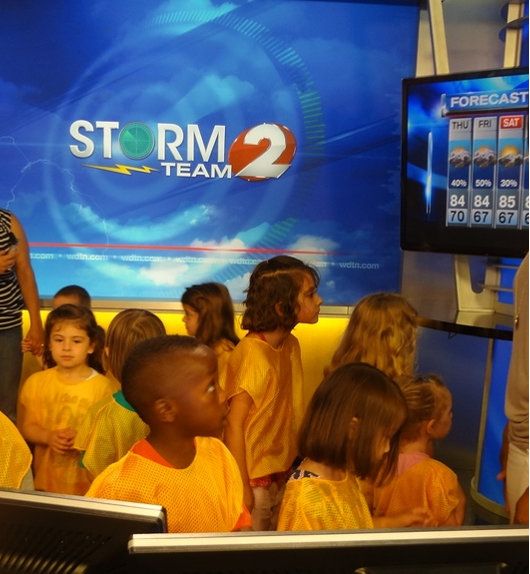InvestigationsThe ACCESS Curriculum affords children the opportunity to grow in their understanding of the world around them through extended, hands-on and inquiry-based studies called investigations.
Investigations are extended, inquiry-based studies that require children to make observations, interact with the world around them, experiment with their ideas and collect information to answer questions. Topics studied are science-focused, rooted in the interests of children and relevant to the life experiences of the whole class. Investigations often provide authentic experiences and help children develop skills that can be applied in real-life. Additionally, investigations are accompanied by a system to track children’s growth in content knowledge and developmental skills. This assessment system helps to inform teacher practice and instruction.
|
Investigation topics emerge from the children's interests, but teachers also consider the children's family cultures, developmental strengths and needs as well as a comprehensive view of content standards and developmental guidelines.
|
|
|
This part of the curriculum can last for several weeks or several months depending on how long children continue to be engaged. Investigations are one aspect of the curriculum often only occur during part of the day. While it is common that investigation-related learning experiences are conducted in small groups at a table, whole class gatherings can also be utilized. These experiences can also present themselves spontaneously during play time or other daily routines. Many teachers find that the playground and other outdoor areas provide excellent settings for both planned and spontaneous learning experiences.
|
Investigation topics are broad enough to incorporate all content areas and developmental domains. To be considered a true investigation, these studies must go beyond the idea of a "theme" and instead connect learning concepts to real life experiences and to the questions that children have. They require opportunities for students to engage in inquiry with hands-on, discovery activities as well as the use of authentic materials.

